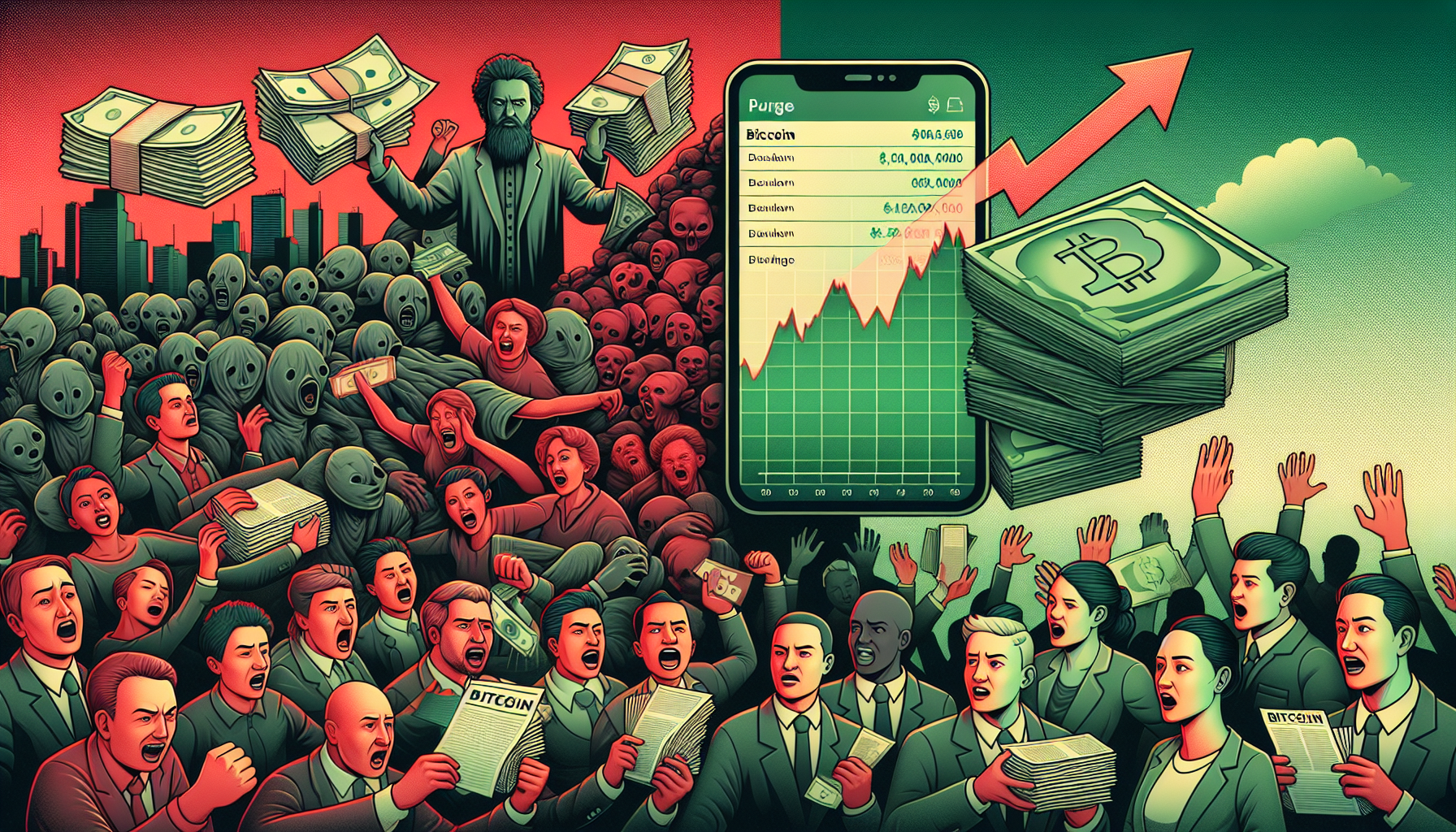
tl;dr
Vietnam's 2025 bank account purge of 86 million accounts sparked a surge in Bitcoin adoption, highlighting the tension between centralized finance and decentralized alternatives. As governments tighten control, crypto emerges as both a refuge and a controversial solution.
**Vietnam’s Bank Account Purge: A Crypto Catalyst or a Warning?**
In September 2025, Vietnam stunned the financial world by closing 86 million bank accounts—nearly half of the country’s total 200 million. The move, framed as a crackdown on fraud and cybercrime, required banks to delete accounts that lacked biometric verification or had been inactive for years. For many, it was a sudden loss of access to savings, investments, and daily transactions. But amid the chaos, one asset found an unexpected ally: Bitcoin.
### The Biometric Sweep: Security or Overreach?
Vietnam’s State Bank (SBV) justified the purge as a necessary step to combat money laundering and fraud. Banks now mandate biometric checks—like face scans—for account registration and certain online transactions. Foreign residents, already navigating complex visa processes, faced additional hurdles, with some unable to comply remotely. The result? A mass exodus from traditional banking, leaving millions in limbo.
But this wasn’t Vietnam’s first rodeo. Across the globe, governments and banks have routinely frozen accounts. In 2022, Chinese rural banks froze deposits without warning, sparking protests. In the U.S., law enforcement can seize funds during investigations, even without convictions. The UK’s “Account Freezing Orders” and Canada’s 2022 trucker protests—where crypto and bank accounts were frozen without judicial oversight—show a pattern of power wielded with little transparency.
### The Crypto Angle: A Safe Harbor or a New Risk?
For critics, Vietnam’s crackdown underscores the fragility of centralized finance. When banks or governments decide your money is “problematic,” access can vanish overnight. Bitcoin, by contrast, offers a decentralized alternative. Unlike bank accounts, which rely on intermediaries, Bitcoin allows users to hold and transfer funds without permission. Arbitrary freezes? Far less likely.
But is Bitcoin a panacea? Its volatility and regulatory uncertainty mean it’s not without risks. Still, the narrative is clear: in an era of shifting compliance standards and geopolitical tensions, holding your own keys—literally and figuratively—can mean the difference between financial freedom and vulnerability.
### The Bigger Picture: Sovereignty in a Digital Age
Vietnam’s purge isn’t just about biometrics; it’s a microcosm of a global tension. As digitization accelerates, financial access is increasingly tied to identity and compliance. While this can enhance security, it also creates systemic risks. A misstep, a policy change, or a technical failure could lock out millions.
For some, Bitcoin represents a rebellion against this system. It’s not just about avoiding fraud—it’s about reclaiming control. As one crypto advocate put it, “Real sovereignty isn’t just about voting; it’s about not needing permission to move your money.”
### Final Thought
Vietnam’s bank account purge isn’t just a local story. It’s a cautionary tale and a call to action. In a world where financial systems are both powerful and unpredictable, the lesson is clear: diversification isn’t just smart—it’s survival. Whether that means embracing Bitcoin, traditional banking, or a hybrid approach, the stakes have never been higher.
What’s your take? In a world where your money can be taken without warning, how do you protect your financial future?